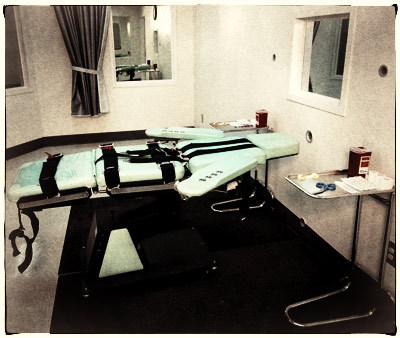What do you think?
Rate this book


201 pages, Paperback
First published January 1, 1969
In form and outline the objects were as usual, but their colors had an incomprehensible harmony and strength, with a clear, logical correspondence between them. It was like being inside a picture by one of the great impressionists whom this remarkable, brutal, swinish and wonderful land has fostered – this greedy, avaricious peasant nation of coarse exploiters, oppressors, and soldiers, of pimps, painters, and whores, saints and sodomites, but above all of painters. The colors filled me with a faint and peaceful sensuality; they ran through my body and surrounded me at the same time.
For a resident of such a distinguished and well-known madhouse as La Poudrière I must admit that I feel fine, and enjoy a bewildering degree of freedom of thought, expression and movement. At any rate greater than the stars’. And then there’s my own highly ambiguous position at the hospital. As caretaker and a kind of jack-of-all-trades (including that of observer) I have at my disposal one of the gardeners’ cottages…
My task on this syphilitic and cancer-ridden bomb crater of a planet is to simply and quietly remove the condoms from the park and clean up the madhouse – and then this eight-star idiot from Sing Sing comes along, yammering and wailing like a professional mourner over a corpse which in the first place he produced himself, and which in the second place is utterly and totally dead. I don’t give a single sou, not a used rubber, for that kind of murderer… Besides, as a general he favors capital punishment – at any rate for others, if they’ve done the same thing he did. On top of the whole dung heap he’s also started being a Christian. He thinks that rabbi Joshua died on the cross for Americans too.
We shall glance at the system of temporal courts, led in part by the same lawyers, scientists, and judges who so faithfully stood by the Church’s side through two hundred years of holy bloodbaths. And we shall simultaneously note that these two hundred years of witch trials lay not in the Middle Ages but in the Renaissance. The witch trials were the glorious introduction to our time, attended by a complete revolution in cosmography, by empirical science and by scientific heresy. And they blossomed right here in our beloved, beautiful Alsace. People painted the loveliest pictures and built the most splendid cathedrals while at the same time they incessantly roasted old women and small children alive.
We know where a planet will be in twelve years, four months, and nine days. But we don’t know where a butterfly will have flown one minute hence.
"About this moon we know everything. About the whole machinery, the whole insane, mechanical appartus, the solar system, Andromeda's nebula, ellipses and periods, motions, metals. We sit here on our feeble-minded, explosive planet and sail around in an utterly meaningless, monomaniacal bedlam of a watchmaker's shop. About other solar systems we know everything, but to go up ot the ambassador's wife who howls her wolf-howls and clings to the barred window, go up to the little black-slayer of an American general -- and you'll see that we don't know anything about them.
We know everything about the cosmos, about outer space, but we don't know anything at all about Fontaine, our little Belgian sex murderer.
After this conquest, this assault on the dead, frozen space -- after this there must follow a conquest of something else.
We've conquered outer space, but not our neighbor.
And we must conquer him now.
For either it is totally insane and meaningless -- and ought to go under -- or it has a meaning and ought to survive."
"This time I was sufficiently refreshed: now I felt night only as warm and soft and living around me, confortably lukewarm, full of life, full of mating and lewdness, full of odors and of the faint night sounds which tell of the life which exists on this accursed, leprous, spiritually gonorrheal globe which is our little green home and which I love so indescribably, so full of lust, so full of thought, so full of cruelty, and so full of beauty. The sky was black as tar and the stars shone insanely, thick as thick, everywhere, all over the whole sky. In the enormous leafy treetops in the park there was a rustle of a faint, faint breeze, all too subtle to be called wind."

